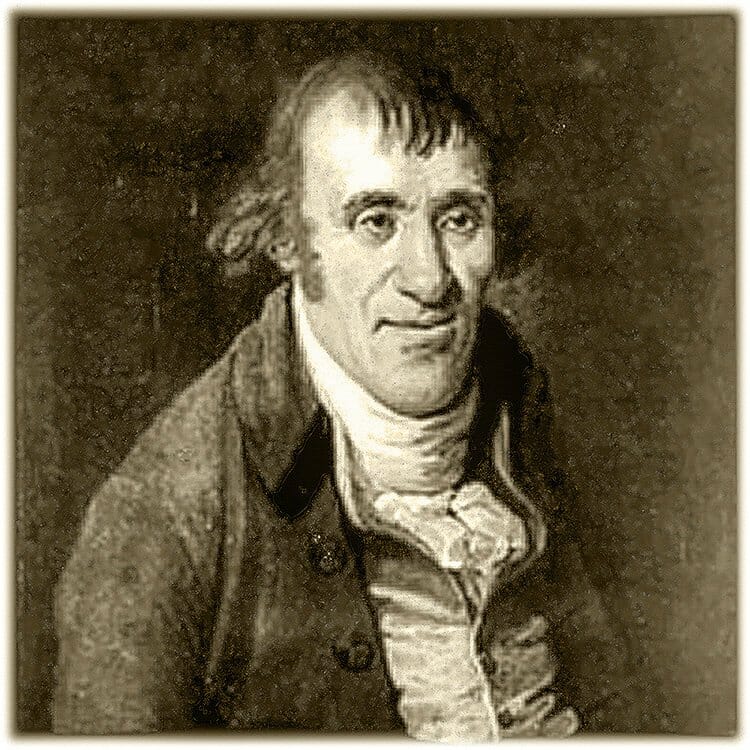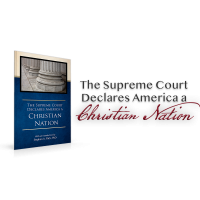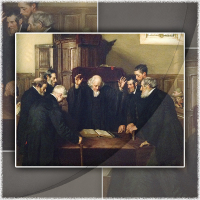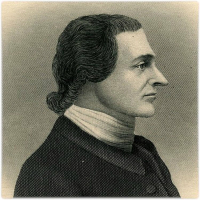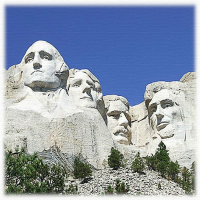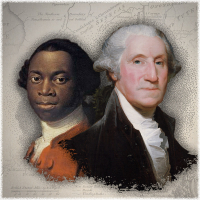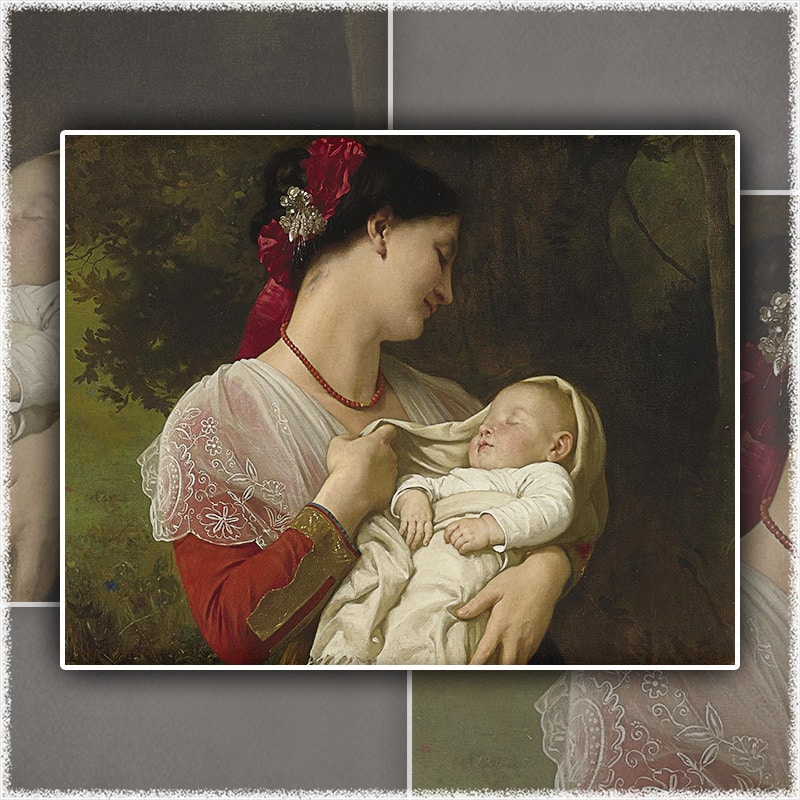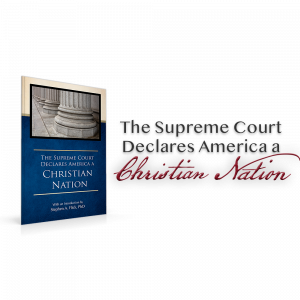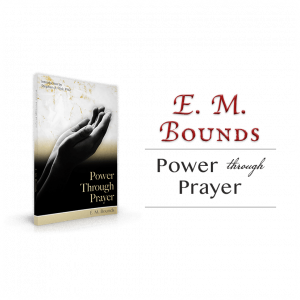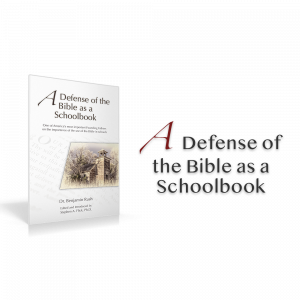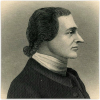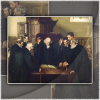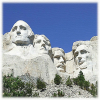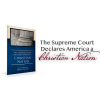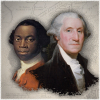The Irreligion of Ethan Allen
- 1
- 1share
Ethan Allen was more than a brand of furniture. He was a prominent early American and one of the first heroes of the nation. Ethan Allen (January 21, 1738-February 12, 1789) was a farmer, businessman, American Revolutionary War hero, land speculator, writer, and politician. In the late 1760s, he became embroiled in land disputes that eventually resulted in blood shed. One significant result of the tension over the land dispute was the formation of a militia known as the Green Mountain Boys, headed by Allen. Territories between the British colonies of New York and New Hampshire were then called the New Hampshire Grants. Later, the New Hampshire Grants became the State of Vermont. Allen and the Green Mountain Boys were instrumental in resisting New York's attempts to gain control over this territory, which was disputed land with New Hampshire. In 1777, the land was designated the Vermont Republic and the Green Mountain Boys became the state militia.Ethan Allen
In the opening months of the American Revolution, Allen and the Green Mountain Boys were influential for the American cause. On May 10, 1775, Allen and his men, along with Benedict Arnold, captured strategically situated Fort Ticonderoga on the shores of Lake Champlain. A few months later, Allen led a failed military expedition against Montreal that resulted in his capture by the British. He remained in captivity until May 14, 1778 when he was exchanged for a British officer who was being held by the Americans.Ethan Allen
In the late 1750s and early 1760s, Ethan Allen appears to have changed direction in life. In 1755, his father—Joseph Allen—passed away. Before his father's death, Ethan had begun studies under a minister in the nearby town of Salisbury with the goal of being admitted to Yale College. Even at a young age, Ethan evidenced an interest in learning. But following his father's death, his education was no longer through the influence of the church. By 1763, Ethan had married his first wife, Mary Brownson, and had moved to nearby Salisbury with their infant daughter Loraine, who was to pass away after her mother (see anecdote below).
At Salisbury, he came under the influence of a popular form of anti-Christian skepticism known as deism. Deism suggested that God did exist, but after making the universe, God deserted what he had made and allowed it to continue on without his attendance. As a result, the heart of all Christianity taught was denied by deists. While living at Salisbury, Allen became acquainted with Thomas Young, a doctor living across the colonial boundary in New York. Eventually the two men decided to collaborate on a book intended to attack religion. They labored on the manuscript until 1764 when Young moved from the area, taking the manuscript with him. Years later, after Young's death, Allen recovered the manuscript and revised and published it in 1785 as Reason: The Only Oracle of Man. It was an unbridled attack against the Bible, the deity of Jesus Christ, and Christianity in general. To Allen's disappointment, the book was a complete failure with only 200 of 1,500 copies being sold. A fire at the publisher's house consumed the unsold copies.
It is easier to identify the deeds of a man's hand than it is to determine the desires of a man's heart, but from all indication, Ethan Allen never disavowed the deism he espoused throughout much of his life. However, the following anecdote does offer some hope that he may have altered his course in life. After his first wife's death, Allen then was forced to confront the reality of the death of a daughter. This anecdote, recorded by Rev. Solomon Benjamin Shaw,[1] may be more optimistic than the facts warrant, but we may pray that it is closer to Allen's experience than the evidence would seem to indicate.
Though the following biographic note may be familiar to some, it may yet be useful to many. Ethan Allen was a professed infidel. He wrote a book against the divinity of our blessed Lord. His wife was a Christian, earnest, cheerful and devoted. She died early, leaving an only daughter behind, who became the idol of her father. She was a fragile, sensitive child, and entwined herself about the rugged nature of her father, as the vine entwines itself about the knotty and gnarled limbs of the oak. Consumption marked this fair girl for its own, and she wasted away day by day, until even the grasshopper became a burden.
One day her father came into her room and sat down by her bedside. He took her wan, ethereal hand in his. Looking her father squarely in the face, she said: “My dear father, I’m going to die.”
“Oh! no, my child! Oh! no. The spring is coming and with the birds and breezes and the bloom, your pale cheeks will blush with health.”
“No; the doctor was here to-day. I felt I was nearing the grave, and I asked him to tell me plainly what I had to expect. I told him that it was a great thing to exchange worlds; that I did not wish to be deceived about myself, and if I was going to die I had some preparations I wanted to make. He told me my disease was beyond human skill; that a few more suns would rise and set, and then I would be borne to my burial. You will bury me, father, by the side of my mother, for that was her dying request. But, father, you and mother did not agree on religion. Mother often spoke to me of the blessed Savior who died for us all. She used to pray for both you and me, that the Savior might be our friend, and that we might all see Him as our Savior, when He sits enthroned in His glory. I don’t feel that I can go alone through the dark valley of the shadow of death. Now, tell me, father, whom shall I follow, you or mother? Shall I reject Christ, as you have taught me, or shall I accept Him, as He was my mother’s friend in the hour of her great sorrow?”
There was an honest heart beneath that rough exterior. Though tears nearly choked his utterance, the old soldier said: “My child, cling to your mother’s Savior; she was right. I’ll try to follow you to that blessed abode.”
A serene smile overspread the face of the dying girl, and who can doubt there is an unbroken family in heaven.[2]
America deserves to know its true heritage.
Please contribute today!
Related Articles
[1] S. B. Shaw was a minister, editor, evangelist, and publisher. He was associated with the Wesleyan Methodist Church, the Free Methodist Church, and the Christian Missionary Alliance. His works include Touching Incidents and Remarkable Answers to Prayer (1893), God's Financial Plan (1897), Dying Testimonies of the Saved and Unsaved (1898), and The Great Revivals of Wales (1905).
[2] S. B. Shaw, Dying Testimonies of Saved and Unsaved Gathered from Authentic Sources, 66-67.
Ethan Allen
Ethan Allen
Ethan Allen
Ethan Allen
Ethan Allen1
Ethan Allen2
Ethan Allen3
- 1
- 1share

